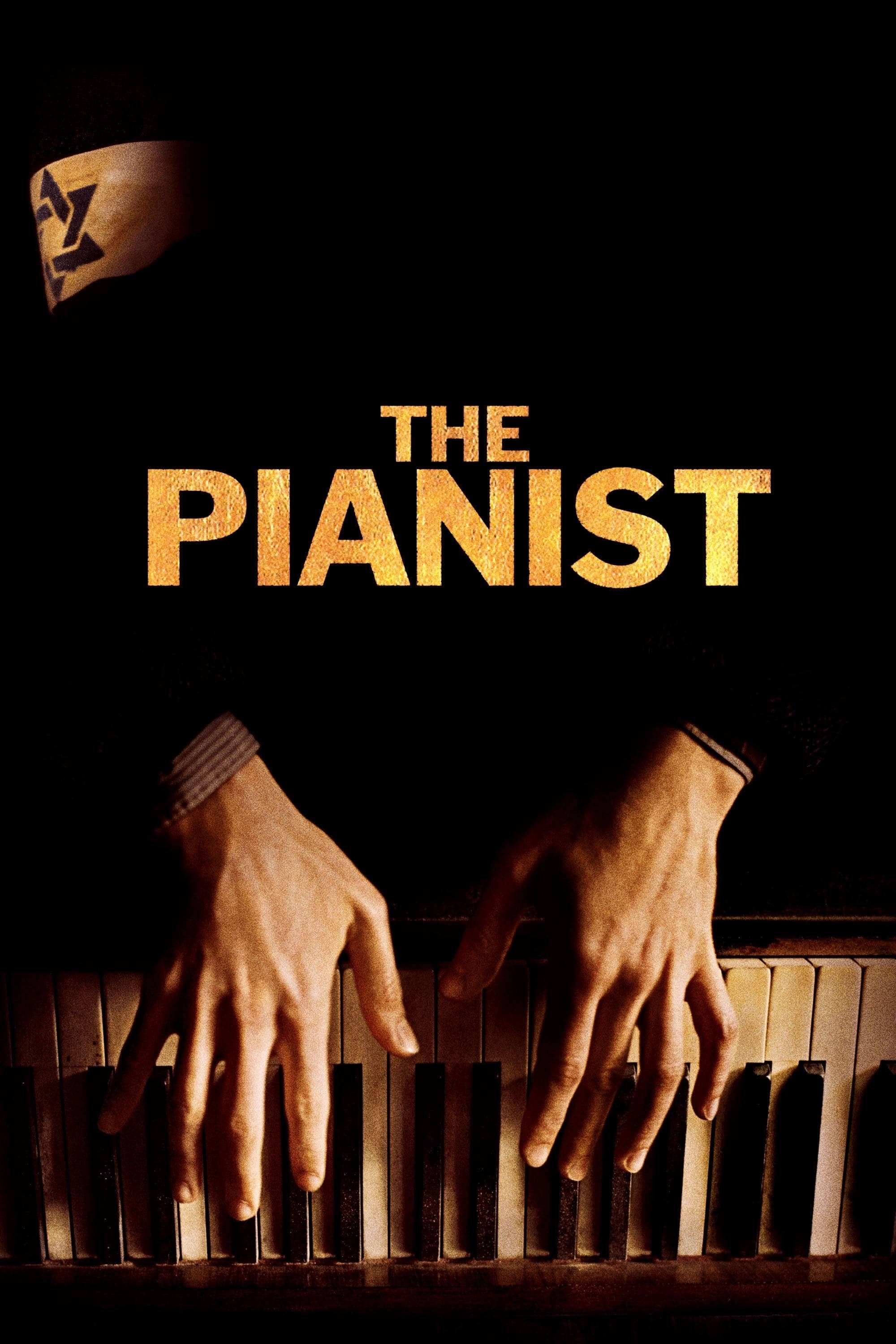
The Pianist
2002
Rate this movie
Average: 3.50 / 5
(2 votes)
Director
Based on Wladyslaw Szpilman's autobiographical novel comes Roman Polanski's latest gem, a truly poignant film featuring a very worthy Adrien Brody in the role of the protagonist, an actor of undeniable talent. But to simply call "The Pianist" a "gem" would be reductive, almost an injustice, for a work that transcends mere cinematic excellence to stand as a timeless warning and a testament to irreducible humanity. It is not just a masterpiece; it is a visual and auditory experience that imprints itself on the soul, a raw and unvarnished immersion into the depths of History, filtered through the gaze of someone who, like Polanski himself, knew the horror of the ghetto from childhood. This intimate resonance with the narrated material gives the film an almost documentary-like veracity, an adherence to reality that does not resort to easy dramatic expedients but relies on the intrinsic power of facts and the most authentic emotions.
We are in Warsaw in 1939. Wladyslaw, a talented Jewish pianist, is playing Chopin in a recording for Polish radio when news of the Nazi invasion of Poland arrives. The harmony of sounds, an emblem of civilization and culture, is torn apart by the barbaric roar of war. It is a breaking point not only for Szpilman but for all of Europe: Chopin's music, a symbol of the romantic and resilient Polish soul, becomes the last echo of a world about to be swallowed by darkness. From that day on, Wladyslaw's time would no longer be marked by melodies but by anguish, hunger, and the obsessive search for refuge.
An inexorable descent into the humiliation of ghettoization, deportation, and personal annihilation would begin. Polanski's camera follows Szpilman in this descent into hell with almost clinical, yet never detached, clarity. We witness the gradual stripping away of all dignity: the forced transfer to the Warsaw Ghetto, isolation behind ever-taller and suffocating walls, the deprivation of food, freedom, even one's own name, reduced to a number, a shadow. The destruction is not only physical but psychological and spiritual. Polanski, with his unmistakable mastery, immerses us in a universe where horror becomes the norm: children dying of hardship in the streets, summary executions commonplace, desperation etched in the eyes of those condemned to exist in a non-place of dehumanization. The reconstruction of Warsaw, from its vibrant pre-war streets to the post-uprising rubble, is of almost archaeological meticulousness, a set that itself becomes a character, a silent witness to unspeakable suffering.
Wladyslaw will emerge with his great art, like a diamond thrown into the mud. And it is here that the film reaches its highest peaks, transforming mere survival into an act of sublime resistance. Music, a silent companion during the days of forced imprisonment, becomes the anchor of salvation, the invisible thread binding Szpilman to his humanity. Adrien Brody, in a physical and introspective performance that earned him a well-deserved Oscar, does not merely interpret Szpilman; he embodies him, absorbing his fragility, hunger, fear, but also his stubborn dignity. His physical metamorphosis, the body wasting away but the gaze that never fades, is a manifesto of acting dedication. The scene where, seeking refuge in a ruined building, he "plays" a silent piano with hand movements laden with desire and nostalgia, is pure poetry of pain, a moment of ecstatic grace amidst the apocalypse. And then, the confrontation with German Captain Wilm Hosenfeld, an unexpected glimmer of humanity in the deepest darkness, where music becomes a bridge, a universal language that transcends the barriers of war and ideology. The moment Szpilman plays Chopin's Ballade No. 1 for Hosenfeld is not just a masterful performance; it is a cry for life, a defiance of death, a reaffirmation of art as a bulwark against annihilation. It is the melody that saves, not as a heroic act but as a whisper of dignity that makes its way through the roar of destruction.
A sensational film for its historical reconstruction, directorial charisma (could it be otherwise?), emotional screenplay, and cinematography and editing absolutely harmonized with the narrative's atmosphere and complementary to the overall vision of a truly inspired Polanski. Paweł Edelman's cinematography, with its desaturated tones shifting from gray to brown, paints a spectral Warsaw, an open-air cemetery where light struggles to penetrate, reflecting the protagonist's state of mind and the surrounding horror. The editing, precise and inexorable, captures Szpilman's fall with a rhythm that leaves no breathing room but allows for moments of reflection, pauses that amplify the anguish. Polanski's directorial charisma is evident in his ability to tell a story of survival with disarming sobriety, avoiding melodrama and focusing on the sensory and psychological experience. There is no easy catharsis, only the raw testimony of an experience that challenges imagination. With "The Pianist," Polanski does not merely deliver another film about the Shoah, but rather a meditation on the resilient power of art and the fragile yet inextinguishable spark of humanity that can emerge even from the deepest abyss. It is a work that, while rooted in historical tragedy, speaks to the human heart of all times, reminding us of the precariousness of civilization and the eternal struggle for dignity.
Main Actors
Countries
Gallery
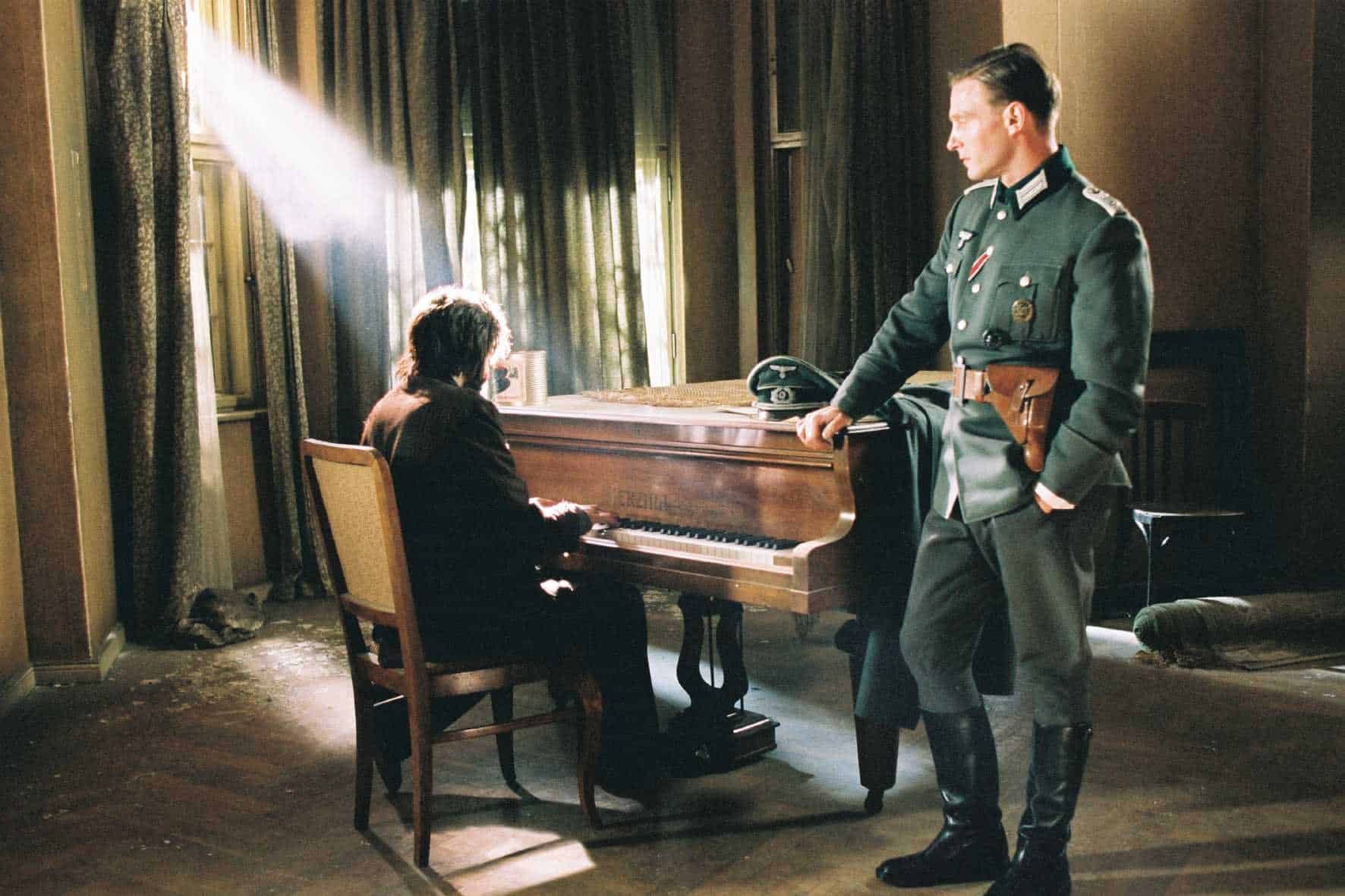
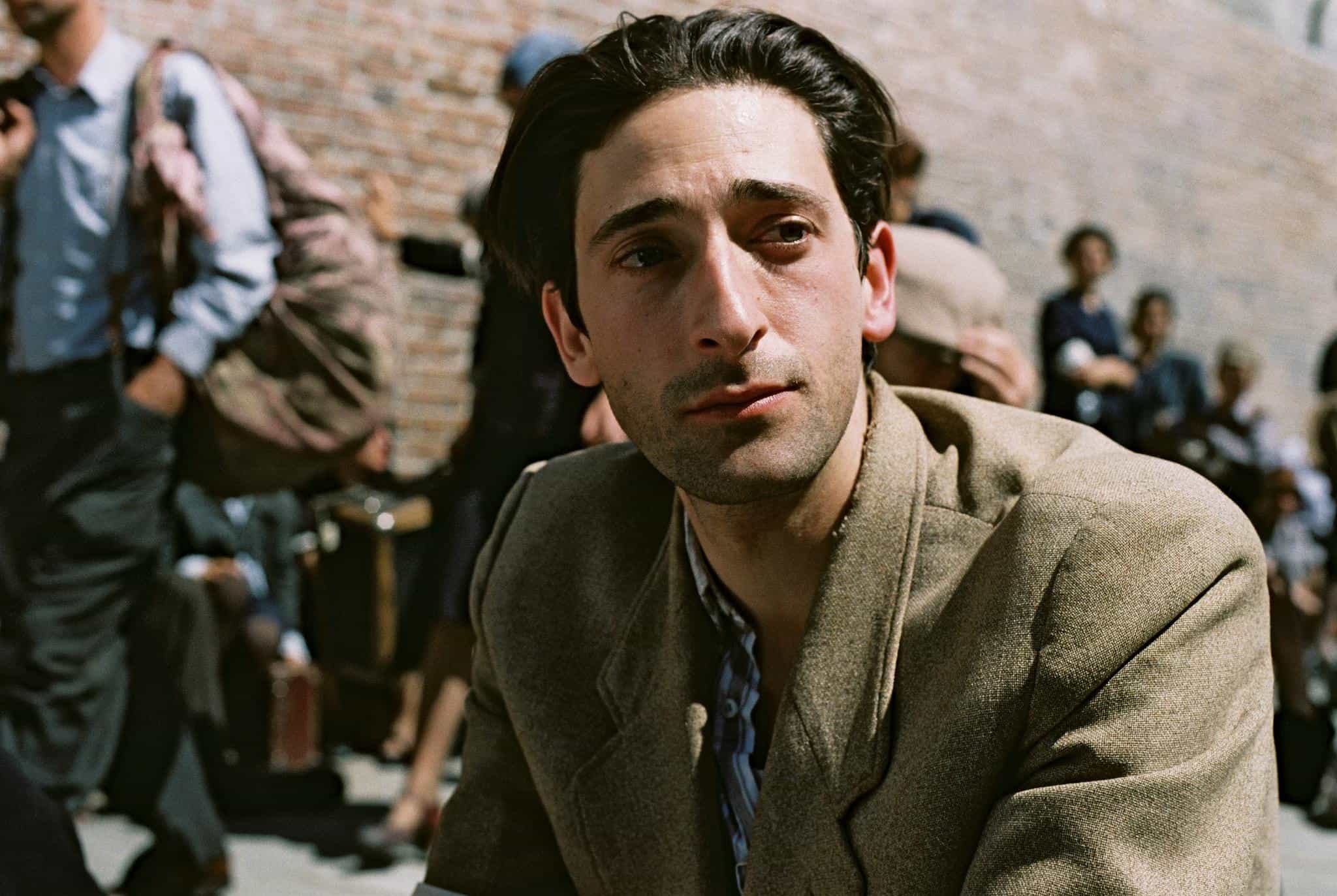
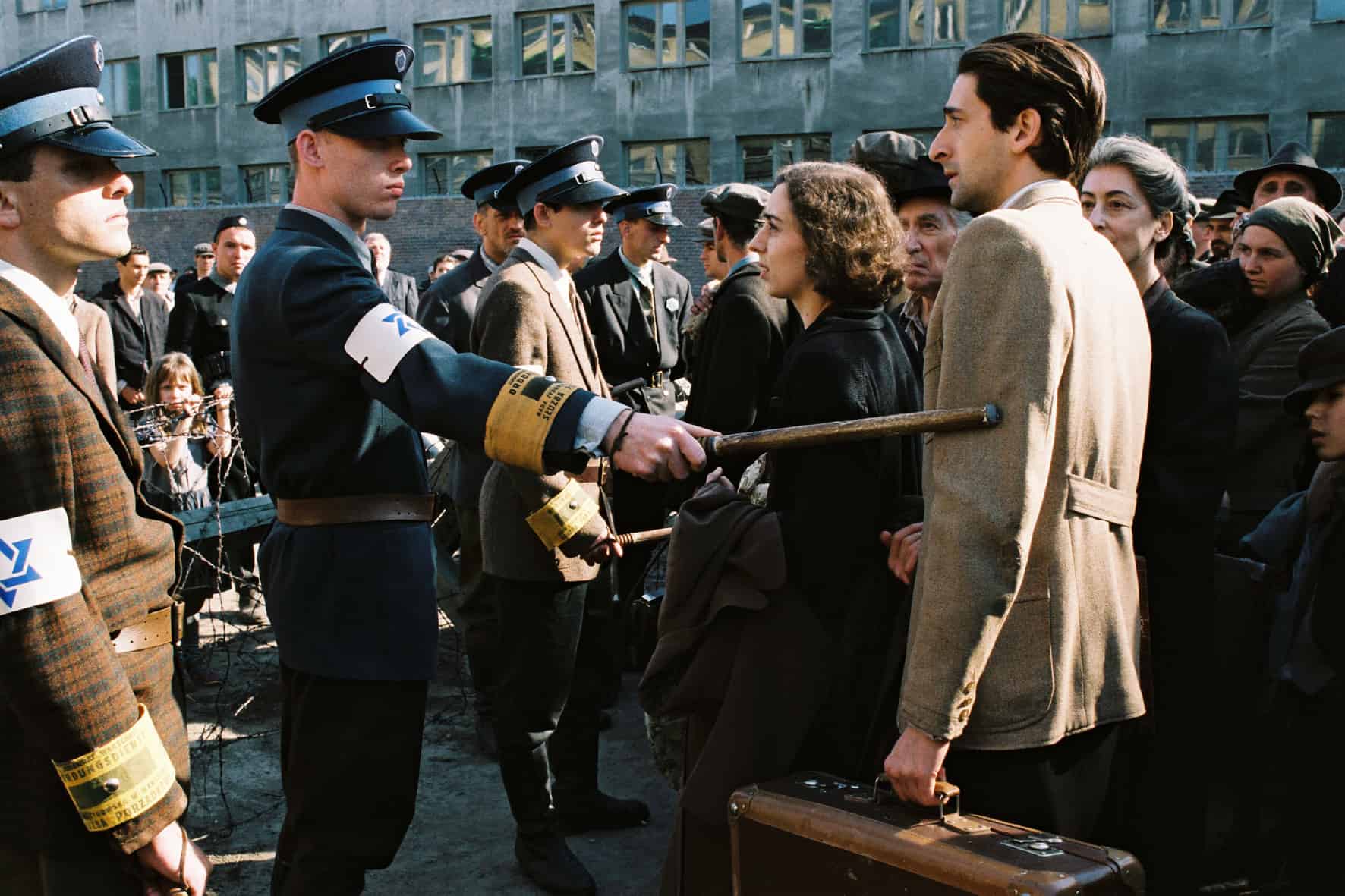
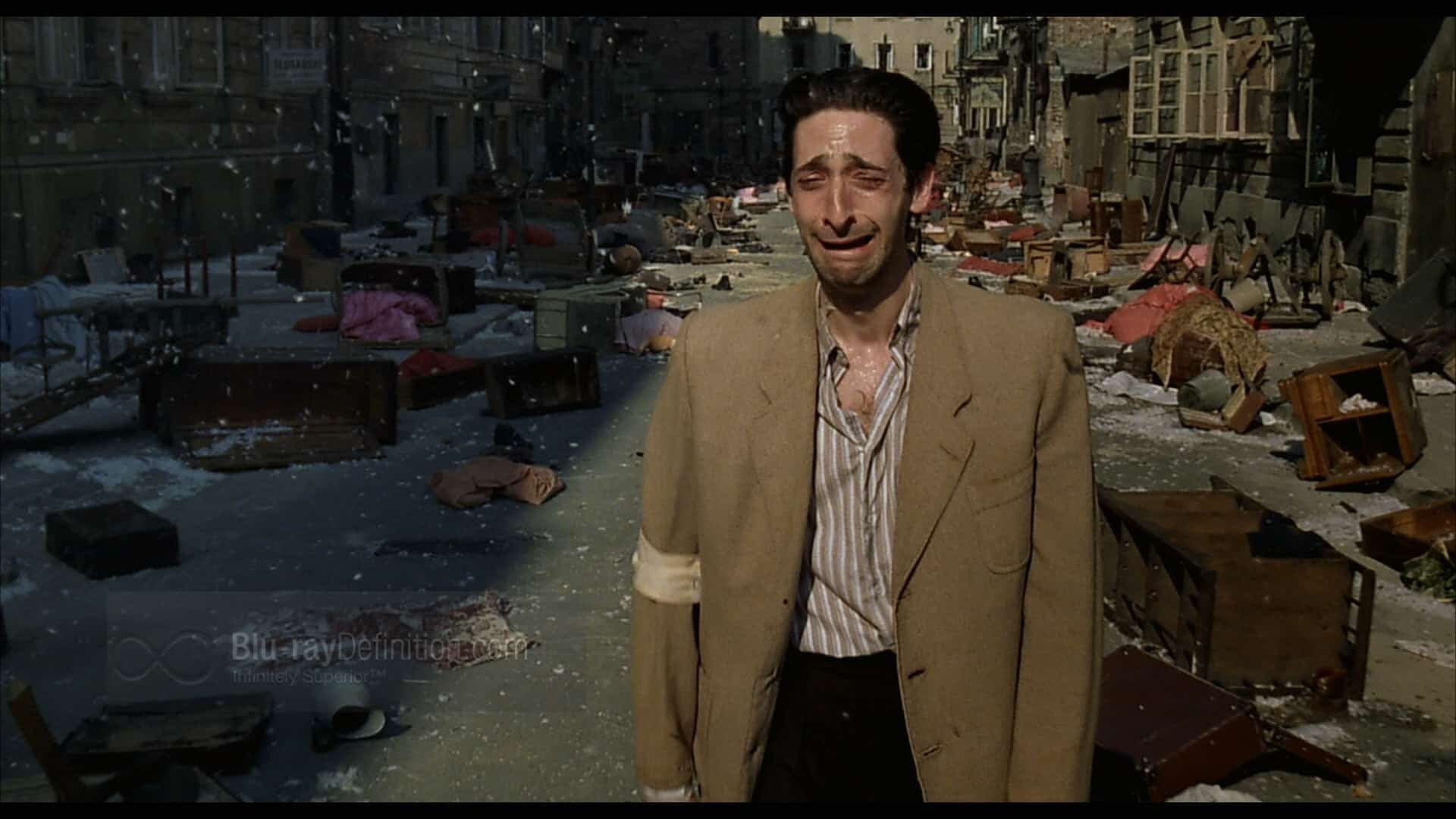
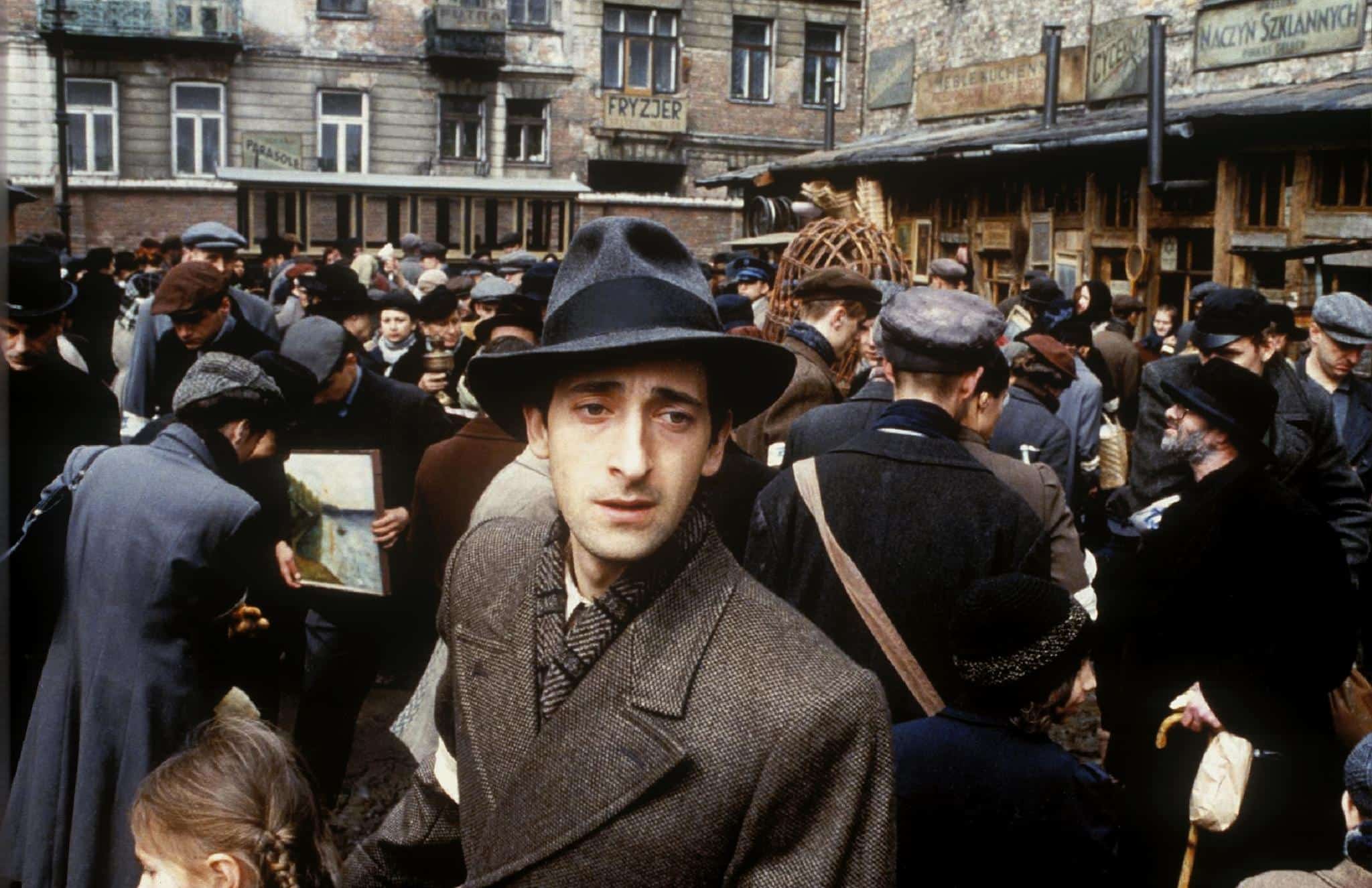
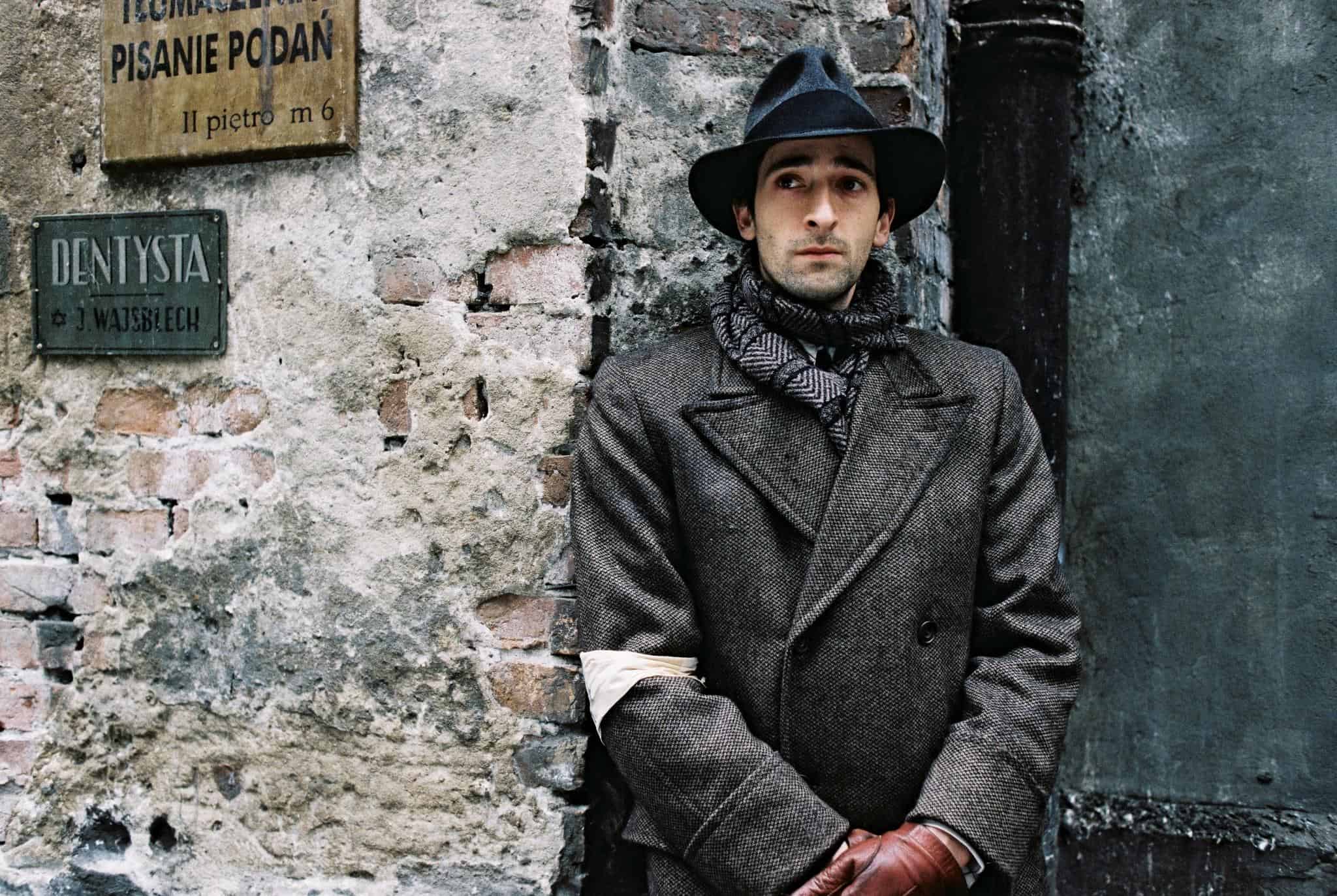
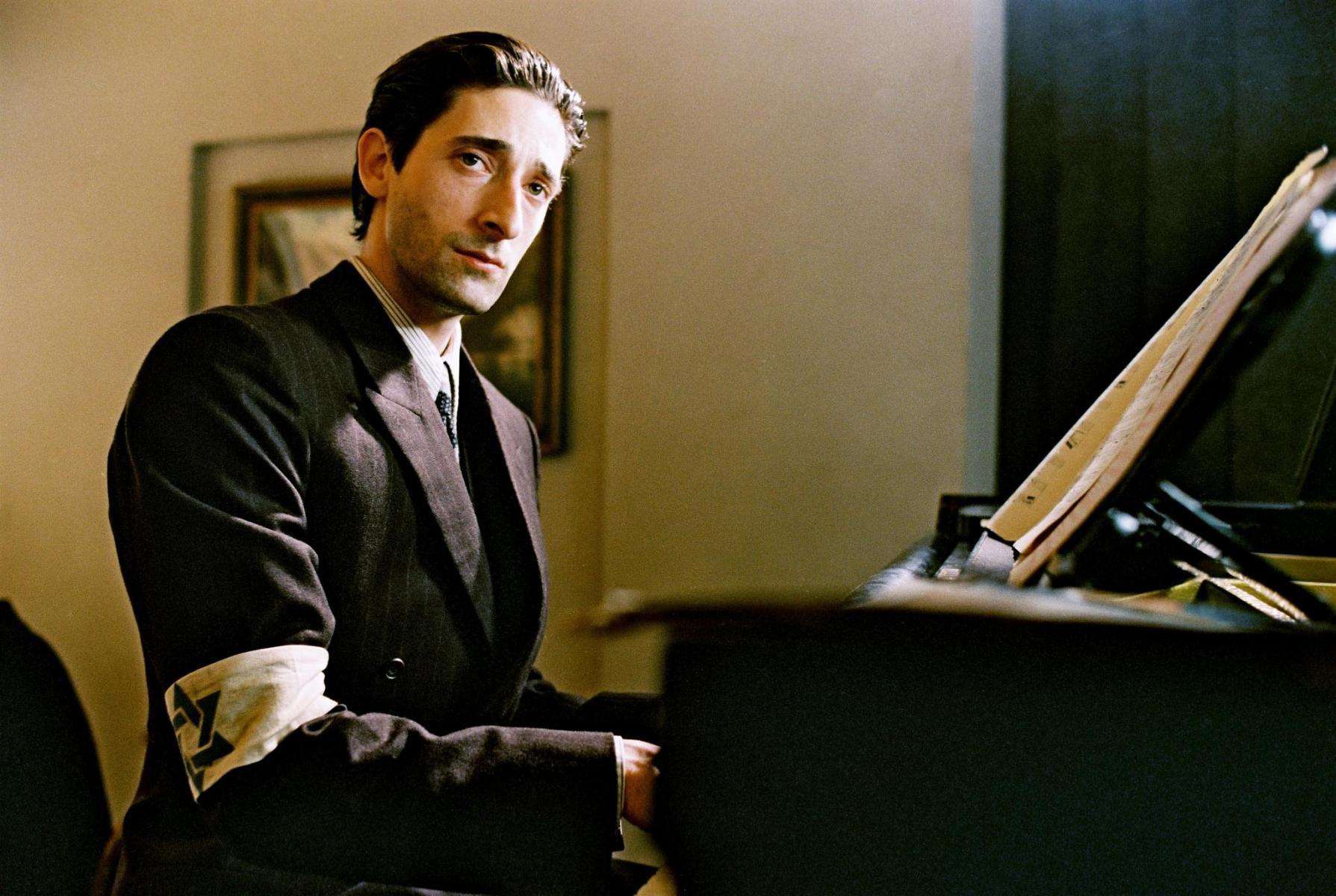
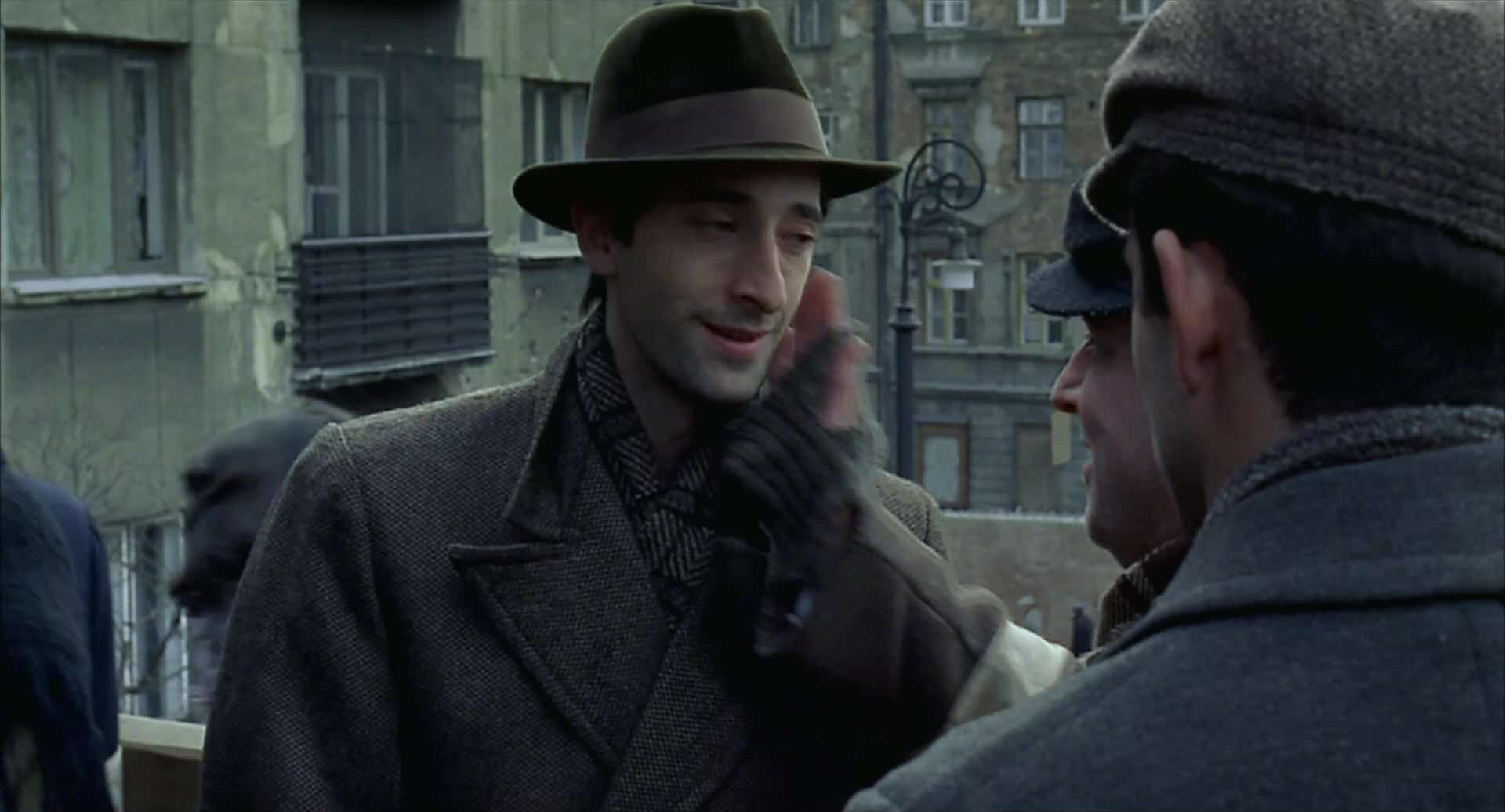
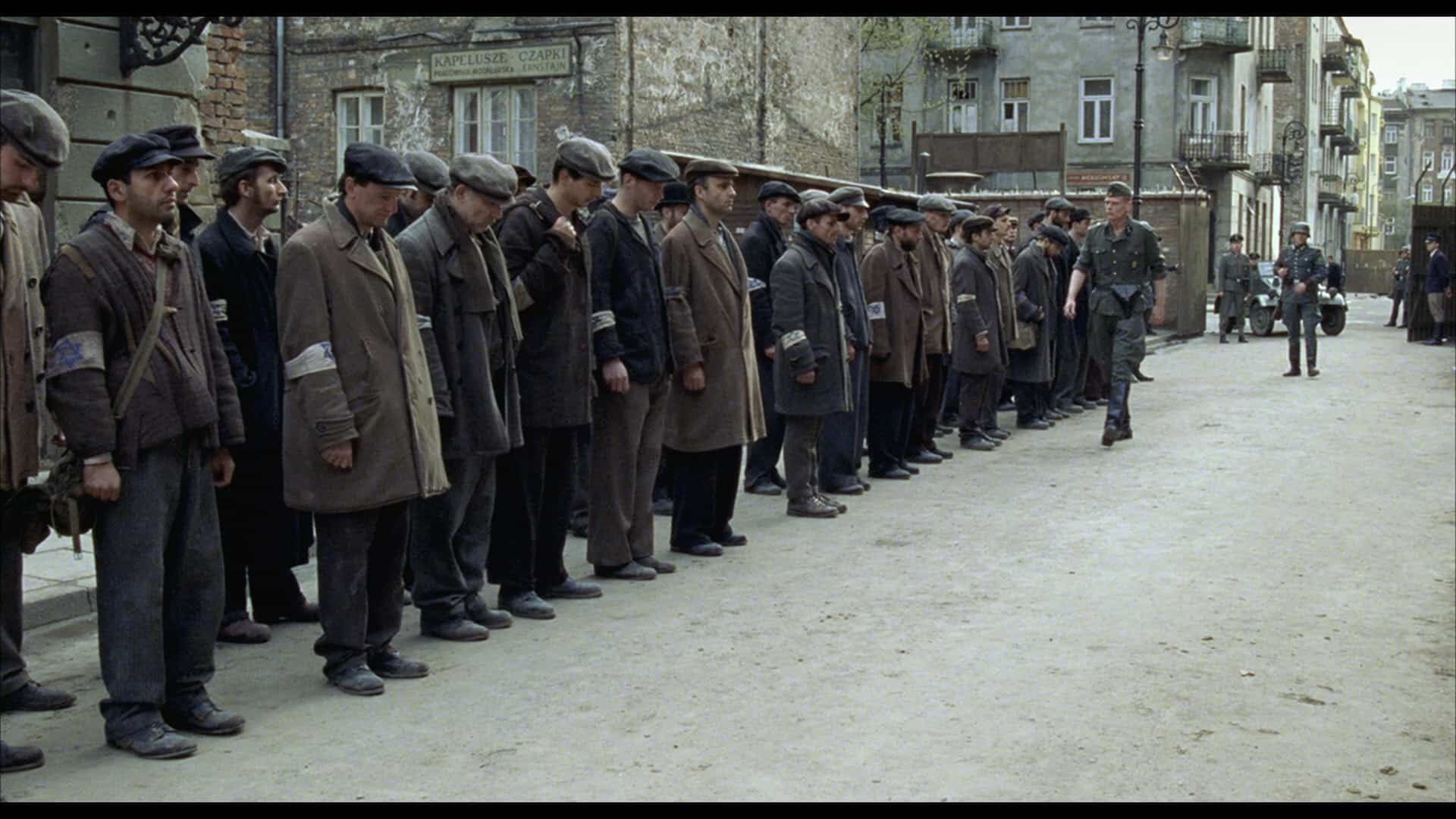
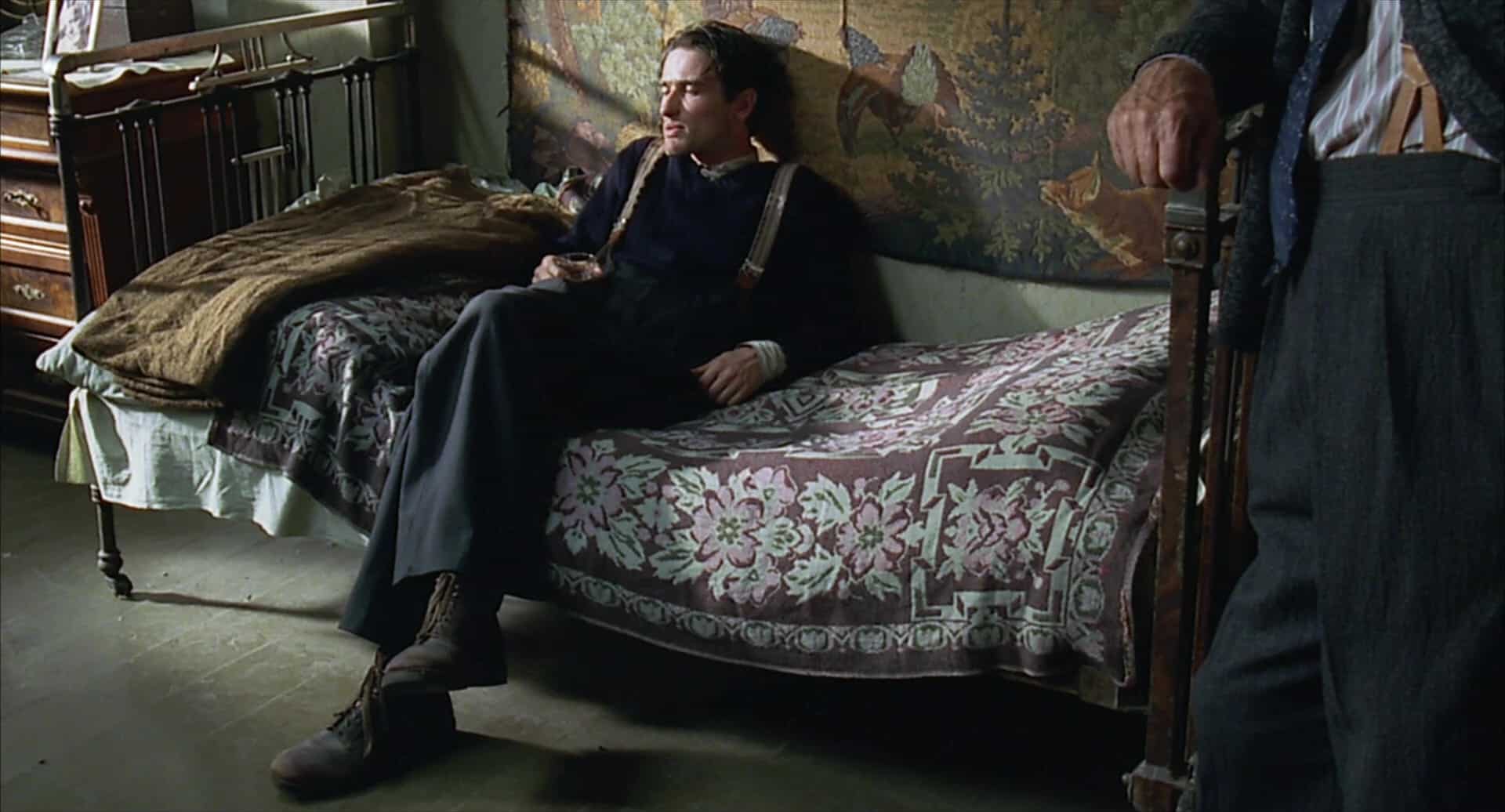
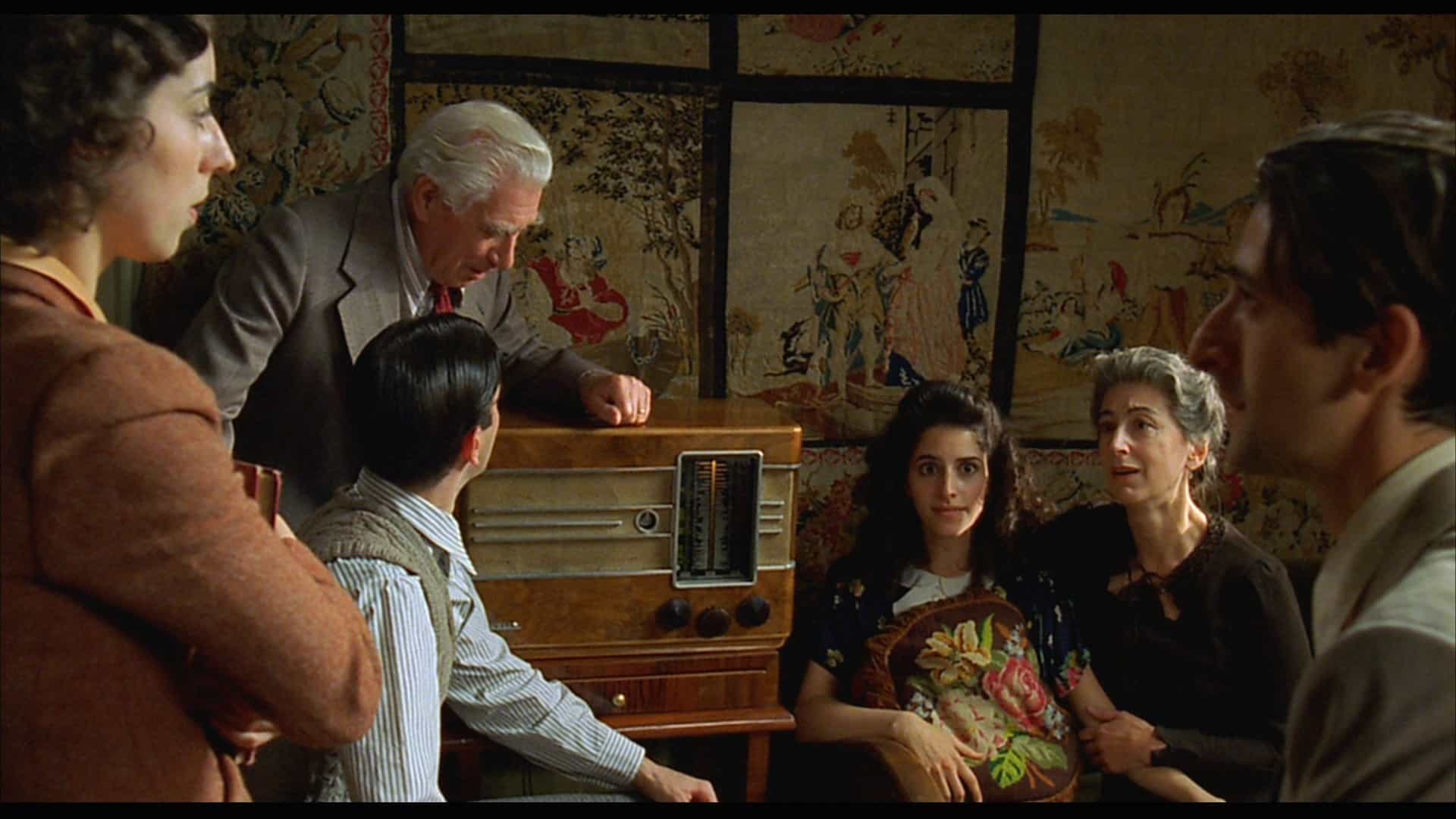
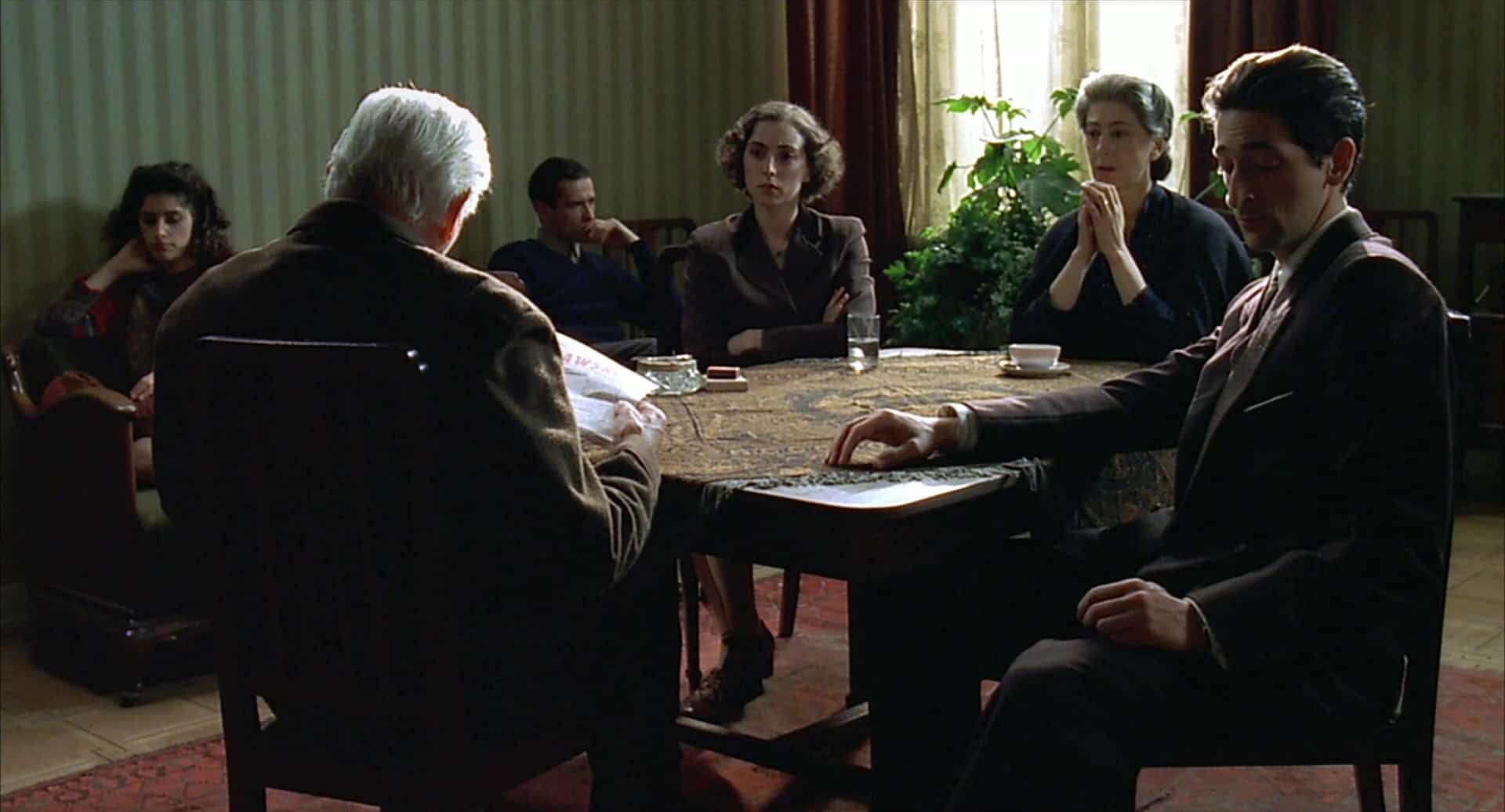
Featured Videos
Official Trailer
Comments
Loading comments...